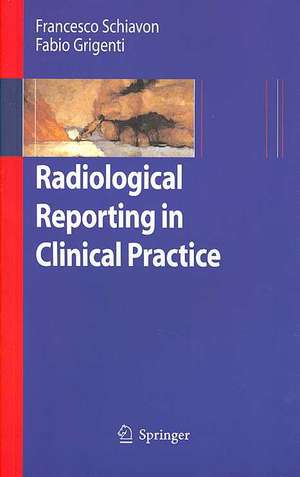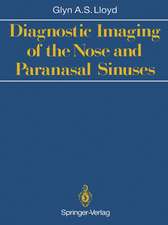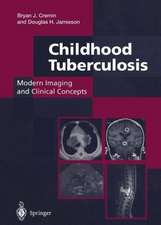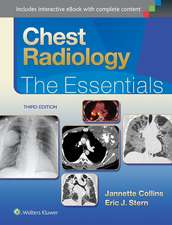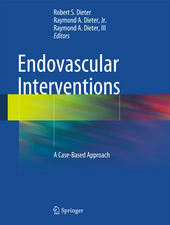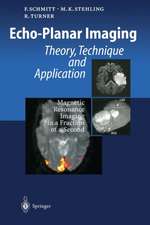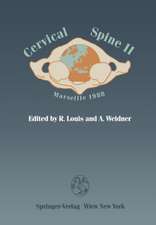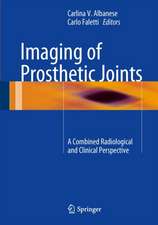Radiological Reporting in Clinical Practice
Autor Francesco Schiavon R. Berletti Contribuţii de N. van Terheyden Autor Fabio Grigenti M. Costa, M. Favat, M. Fontanaen Limba Engleză Paperback – 7 dec 2007
Registration and interpretation/reporting modules of a computer-assisted radiologic reporting system were created to help the radiologist in his task. However, the radiologist is also expected to write a report with a diversified language, according to diagnostic technique(s), population type (client vs. patient; pediatric, adult, geriatric), pathology, and across all body areas.
The authors wish to suggest a shared methodology to uniform as much as possible the way of writing a radiologic report, how to most effectively communicate the results of an examination. The important role played by language also from a legal-forensic point of view is also considered.
Preț: 360.34 lei
Preț vechi: 379.30 lei
-5% Nou
Puncte Express: 541
Preț estimativ în valută:
68.97€ • 74.95$ • 57.97£
68.97€ • 74.95$ • 57.97£
Carte tipărită la comandă
Livrare economică 21 aprilie-05 mai
Preluare comenzi: 021 569.72.76
Specificații
ISBN-13: 9788847006812
ISBN-10: 8847006813
Pagini: 152
Ilustrații: XII, 140 p. 63 illus.
Dimensiuni: 118 x 185 x 8 mm
Greutate: 0.21 kg
Ediția:2008
Editura: Springer
Colecția Springer
Locul publicării:Milano, Italy
ISBN-10: 8847006813
Pagini: 152
Ilustrații: XII, 140 p. 63 illus.
Dimensiuni: 118 x 185 x 8 mm
Greutate: 0.21 kg
Ediția:2008
Editura: Springer
Colecția Springer
Locul publicării:Milano, Italy
Public țintă
Professional/practitionerCuprins
From Images to the Technical and Ethical Responsibilities of Reporting.- Medical-Legal Aspects.- Review of the Literature on Reports.- Current Health Needs.- Principal Report Typologies.- From the Typology of the Report to the Sensitivity of the Radiologist.- The Psychology of a Good Report: Radiologist and User.- Radiological Semiotics in the Report.- Considerations on the Usefulness of the Clinical Description.- Common Sense in Clinical and Preclinical Diagnosis.- The Rationale of Reporting Methodology.- Normality Reports Depending on the Subject’s Age.- Errors in Reporting.- The Structured Report and PACS.- Radiological Reporting in the United States.
Textul de pe ultima copertă
Due to the diverse diagnostic imaging techniques available (X-ray/computed tomography, magnetic resonance, nuclear medicine, ultrasonography), radiologic examinations are composed of an enormous amount of images, which means that the elements to be described and interpreted by the radiologist are sometimes exorbitant. Furthermore, expectations of the population and physicians requiring examinations are growing, so that besides patients, so-called clients (i.e., presumably healthy people) also flow into everyday clinical practice of a radiology department based on disease prevention/screening programs. Registration and interpretation/reporting modules of a computer-assisted radiologic reporting system were created to help the radiologist in his or her task. However, the radiologist is also expected to write a report with diversified language according to diagnostic technique(s), population type (client vs. patient, pediatric, adult, geriatric), pathology, and across all anatomical areas. In this book, the authors suggest a shared methodology to bring – as much as possible – uniformity to radiologic report writing to most effectively communicate the results of an examination. The important role played by language from a legal-forensic aspect is also considered.
Caracteristici
Perfect tool for radiologists in a very accessible format Easy to use didactic text Theoretical knowledge transferred to everyday clinical practice
